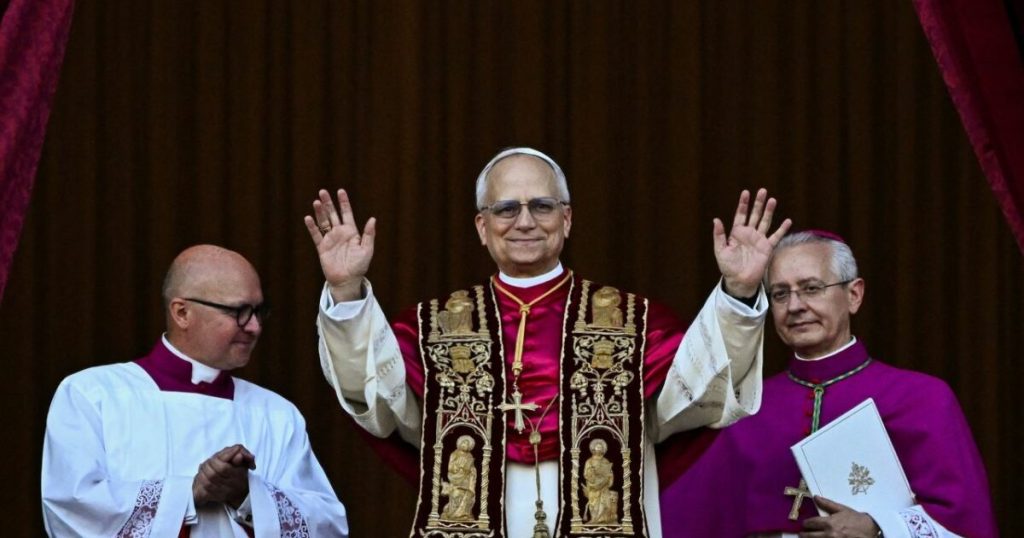Pope Leo XIII, in his encyclical Praeclara Gratulationis Publicae (1894), delivered a potent message advocating for global unity and vehemently rejecting the burgeoning forces of nationalism and exclusion that threatened to fracture the world. He envisioned a unified human family, bound by shared faith and common humanity, transcending the artificial barriers of nation, ethnicity, and political ideology. This unity, he argued, was not a utopian dream, but a divinely ordained reality, rooted in the shared origin and ultimate destiny of all humankind. He condemned the divisive spirit of nationalism, recognizing its potential to ignite conflict and undermine the bonds of universal brotherhood. His call for unity was not a plea for uniformity; rather, he envisioned a harmonious coexistence of diverse nations, each contributing its unique gifts to the global community, much like members of a well-functioning body contribute to the overall health of the organism.
Leo XIII anchored his argument for unity in the shared Christian heritage of Europe. He lamented the historical divisions within Christianity, particularly the schism between the Catholic Church and the Eastern Orthodox Churches. He viewed these divisions as wounds on the body of Christ, препятствия to the full realization of God’s kingdom on Earth. The Pope’s appeal was not limited to a reunion within Christianity. He extended his hand to all people of goodwill, regardless of their religious affiliation, recognizing the shared moral principles and aspirations that unite humanity. He emphasized the importance of natural law, a universal moral code accessible to human reason, as a common ground for dialogue and cooperation among different faiths and cultures. The Pope’s focus on shared heritage and universal moral principles was strategically intended to bridge the growing divides within and beyond the Christian world, fostering a sense of shared purpose and mutual respect among diverse communities.
The Pope’s critique of nationalism went beyond a simple condemnation of its divisive potential. He identified its inherent limitations in addressing the complex challenges facing humanity. Nationalism, focused on the interests of a single nation, often at the expense of others, was incapable of fostering the global cooperation needed to address issues such as poverty, inequality, and peace. Leo XIII emphasized the interconnectedness of the global community, arguing that the well-being of one nation was inextricably linked to the well-being of others. He foresaw the dangers of unbridled nationalism, predicting that it would lead to increased tensions between nations, escalating the risk of conflict and undermining the collective pursuit of the common good.
Furthermore, the Pope’s rejection of exclusion extended beyond national boundaries to encompass social and economic spheres. He condemned the marginalization of the poor and vulnerable, urging societies to embrace principles of justice and charity to ensure the well-being of all members. Leo XIII highlighted the inherent dignity of every human being, regardless of their social standing or economic status, emphasizing the responsibility of society to protect and promote the rights of all. His concern for social justice stemmed from his deep understanding of the Gospel message, which calls for preferential option for the poor and marginalized. This inclusive vision of society stood in stark contrast to the prevailing social and economic inequalities of his time, challenging the status quo and advocating for a more just and equitable world.
The Pope’s call for unity was not simply a theoretical proposition; it was accompanied by practical suggestions for promoting global cooperation. He encouraged dialogue and exchange between nations and cultures, believing that mutual understanding and respect were essential for building bridges of peace. He advocated for the establishment of international institutions and mechanisms for resolving disputes peacefully, foreshadowing the development of international organizations like the League of Nations and the United Nations. Leo XIII recognized the importance of education in fostering a global mindset, urging educators to instill in their students a sense of universal brotherhood and a commitment to the common good. He believed that by cultivating a spirit of solidarity and cooperation among future generations, the world could move closer to realizing the dream of a unified and peaceful global community.
In conclusion, Pope Leo XIII’s Praeclara Gratulationis Publicae stands as a powerful testament to the enduring relevance of the principles of unity, inclusion, and global cooperation. His prophetic insights into the dangers of nationalism and exclusion resonate deeply in a world still grappling with these challenges. His unwavering belief in the shared humanity of all people, irrespective of their national, ethnic, or religious background, serves as a powerful reminder of the urgent need to transcend artificial divisions and work together to build a more just, peaceful, and sustainable future for all. His encyclical remains a timeless call to action, inspiring individuals, communities, and nations to embrace their shared responsibility for the well-being of the global family.


